
Treating kids differently does not mean playing favorites.
We don't want to play favorites. That's a basic tenet of raising kids. Yet our quest for impartiality can get in the way of recognizing, supporting or celebrating one child.
Don't play favorites, that's still true, but kids can handle differences. Life does not have to be equal.
The other day I went to a youth presentation and was struck by how well a 12-year-old boy read. He was clear, dramatic and did his part with such poise that I went up to the family afterwards. "Thank you," said his father. "We're so proud of James, and of course, we're proud of Tyler and Nate also, they're great kids, too." He added this in an apologetic rush. This attempt at being equal diminished James' recognition. James was the one who read. James was the one we were talking about. His brothers can cope if they don't occupy the spotlight all the time.
We strive so hard to equal, with our words and with our actions. But kids are different, and sometimes those differences mean it's OK to treat them differently.
This goes for gifts and experiences, too. We don't automatically have to buy a gift for every child just because we have something that uniquely fits another. Kids can handle it if every day isn't exactly equal. It happens at birthdays already. Everyone gets a birthday, but it's not usually the same day. One person gets showered with special attention today, the other one has a turn in a few weeks. The overall balance and value of each individual is what's most important.
If everyone is praised equally and often (see "Stop Saying 'Good Job!'" in the book It's OK Not to Share), it becomes meaningless. Kids don't need constant praise, but they do value genuine interest and observation: "I was really struck by how clearly you read. I could hear every word even in the back." That's recognition. When kids say "That's not fair!" that's an excellent instinct for social justice. "Why does he get to stay up late I have to go to bed now? That's not fair!" Reframe it for kids: "Your body needs more sleep. When Sam was your age he went to bed when you do" (see "Share Unfair History" in the book It's OK to Go Up the Slide).
So support the kids in your life, celebrate their individuality, and support their interests. Sometimes being fair is more valuable than being equal.
What do you think? It's a tricky balance. Meeting an individual's needs --all individuals -- can be what's most important. Have you ever felt stuck in these situations?
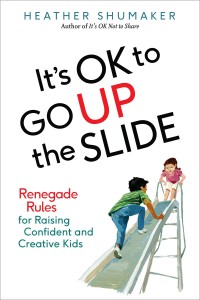 NEW BOOK - Read it? Love it? Write a review on Goodreads or Amazon. Order here.
NEW BOOK - Read it? Love it? Write a review on Goodreads or Amazon. Order here.

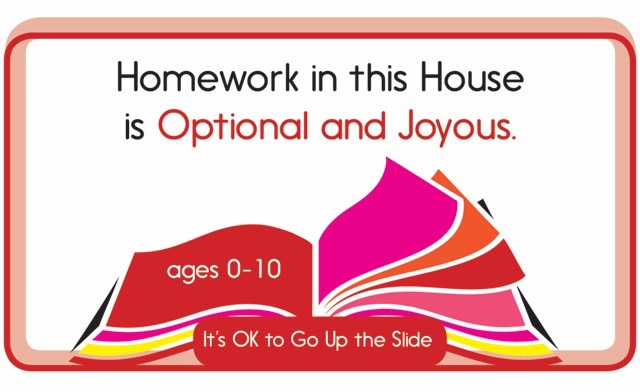
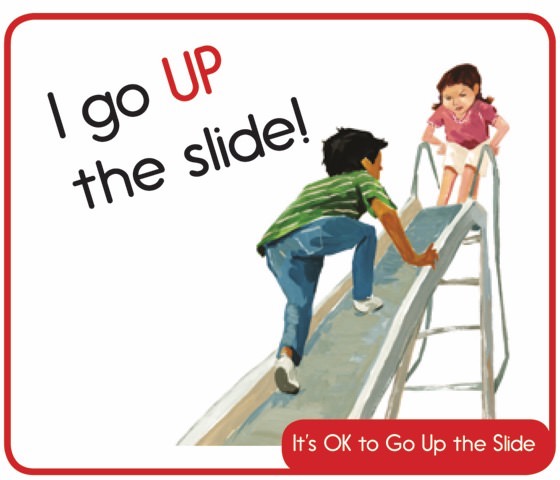
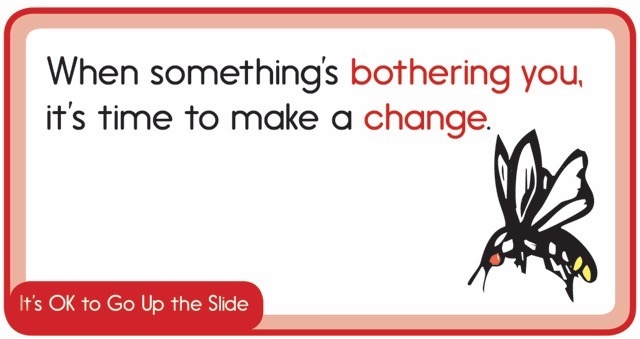
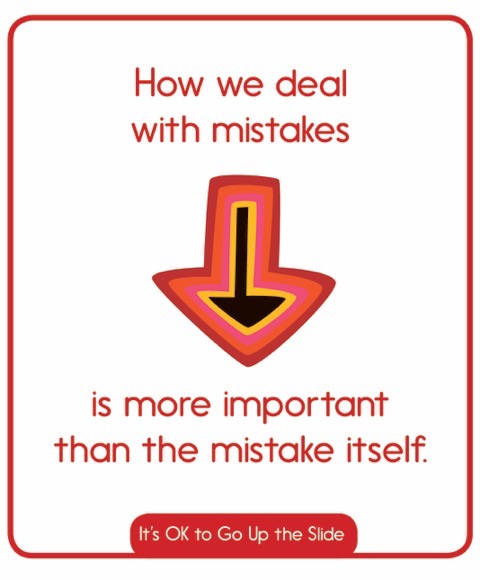
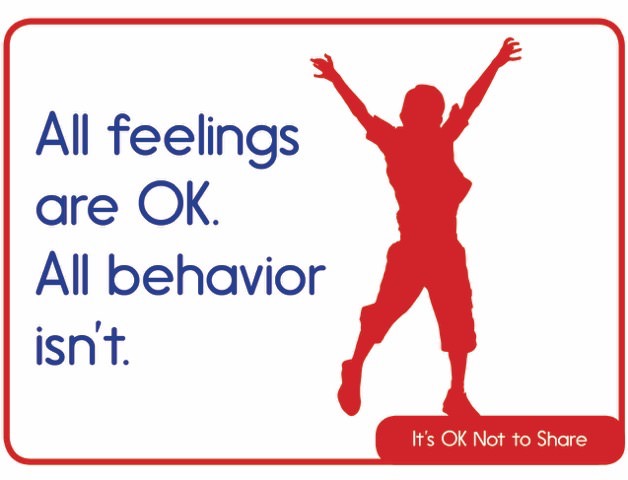
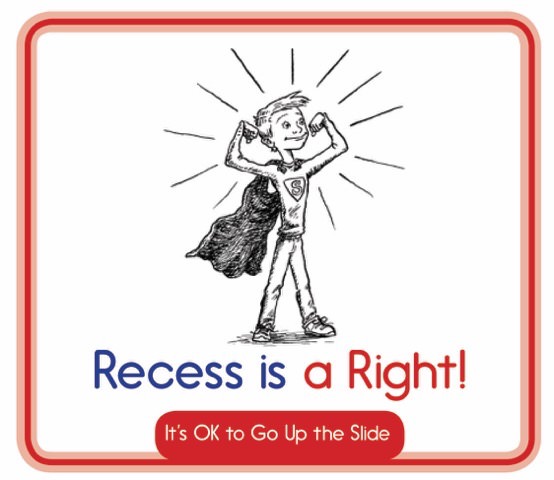
One of my biggest pet peeves is how most people freely interchange the terms "fair" and "equal." Equal is rarely fair, and fair should rarely be equal. Why? Because we are all unique!
I feel stuck sometimes, especially with kids when they all want the approval of adults. Your example of praising the 12-yr-old and the father immediately mentioning his other children is a great example. Let the ones being praised have their 100% moment of glory. and insist on the same treatment when the next child has his/her success.